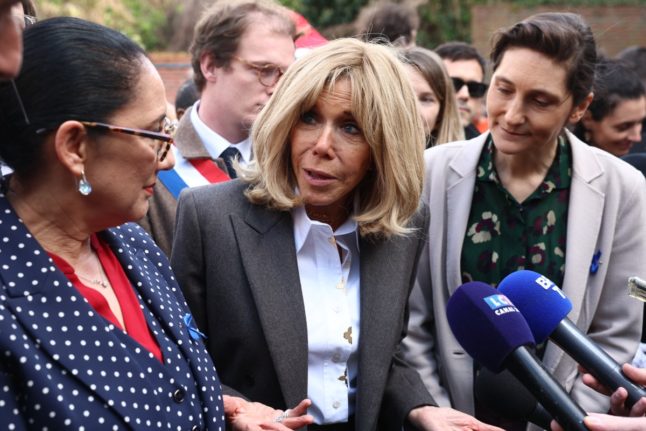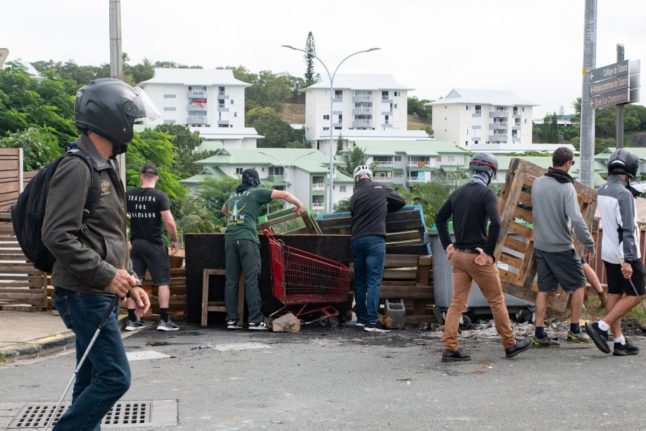“Gaumont is developing a series titled Brigitte, Une femme libre (Brigitte, A Free Woman) in six episodes of 45 minutes,” they said, adding it was still in very early stages.
Brigitte Macron, 71, was a French and drama teacher until 2015.
She used to work at a school in Amiens, northern France, where she famously met Emmanuel Macron when he was still a pupil 24 years her junior.
She has kept a low profile since her husband was first elected in 2017, but has made fighting school-bullying and cyber-bullying one of her personal causes.
A source close to the first lady, who did not wish to be named, said it was the first they had heard of the biopic.
“We are not associated with this project which we learnt about today in the press,” the source said.
The series comes after a 2023 film titled “Bernadette”, starring French icon Catherine Deneuve as the wife of former president Jacques Chirac.
It tells how Bernadette Chirac carved herself a place in the limelight after being cast aside following her husband’s 1995 election.



 Please whitelist us to continue reading.
Please whitelist us to continue reading.
Member comments